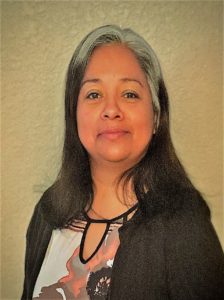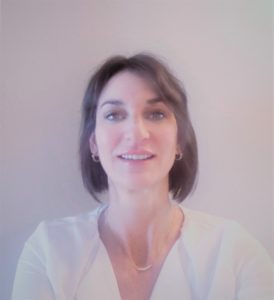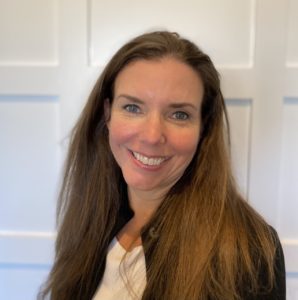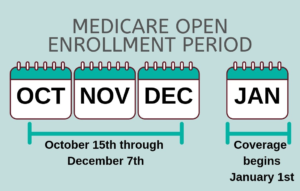![]()
“The PyxisCare team understands that my husband’s journey with Huntington’s disease is a progressive one and his physical needs will continue to evolve. They worked with insurance to ensure he can remain independent for as long as possible.”
–Jessica (Wife of client; mother; teammate; caregiver)
He started showing psychiatric symptoms first. But I knew it was not a mental health issue. I married my husband Nathan in 1996 knowing that he had a 50% chance of inheriting the genetic disease that took his mom years earlier. Huntington’s disease, or HD, is a rare terminal brain disease that is like having ALS, Parkinson’s and dementia at once. As my husband developed severe OCD and started behaving irrationally, I knew it was time to see a neurologist. A neurologist visit, an MRI, and a genetic test later, the diagnose was confirmed.
Because Huntington’s is multi-faceted disease, his care requires a variety of medical practitioners. He sees a neurologist, gastroenterologist, psychiatrist, physical therapist and speech therapist. But his need for care goes beyond these outside providers. We also had to make accommodations inside our home. This is where PyxisCare came in.
I met Mindy through our children’s high school. We started chatting while volunteering for a school event. After she explained what her company does, I knew her team could help make our home safe for Nathan.
When I first met our care coordinator, I felt immediately at ease. I knew I could trust her to find the resources so that my husband could remain safe and independent in our home for as long as possible. Through her research, she found an occupational therapist who came to our house. She took time to understand Nathan’s illness, and then walked through our entire home making recommendations for making our house safe. Our care coordinator worked with Medicaid and our long-term care insurance to make the accommodations.
In no time at all, our home was fitted with a chairlift so Nathan could get up and down the stairs safely, grab bars for the shower, a bedrail, and a ramp for our front porch. Because of his cognitive decline, they suggested adding white boards on our walls to write out a schedule and daily reminders. In one final check, the PyxisCare team made sure that rugs were secured with non-slip grips, our lighting was sufficient, I knew how to use the fire extinguisher in the kitchen, and the smoke and carbon monoxide detectors were in working condition.
I felt comfortable knowing that Nathan could move safely around our home with these accommodations. Because PyxisCare offers a holistic family focused approach, our care coordinator helped our entire family. She understood how my role as a caregiver can feel overwhelming, and she suggested that I improve our home environment by creating a special place for myself. She asked me about my interests and with her guidance I created a meditation/journaling space in the corner of my office with a yoga mat, candles and spiritual books. I use this place for self-care and when I need to regroup. With more peace and balance in my life, I am a better caregiver to my husband. Without the guidance of PyxisCare, I never would have thought of this.
The PyxisCare team understands that HD is a progressive disease and his needs will continue to change. But I know the team will be by my side for the journey.









